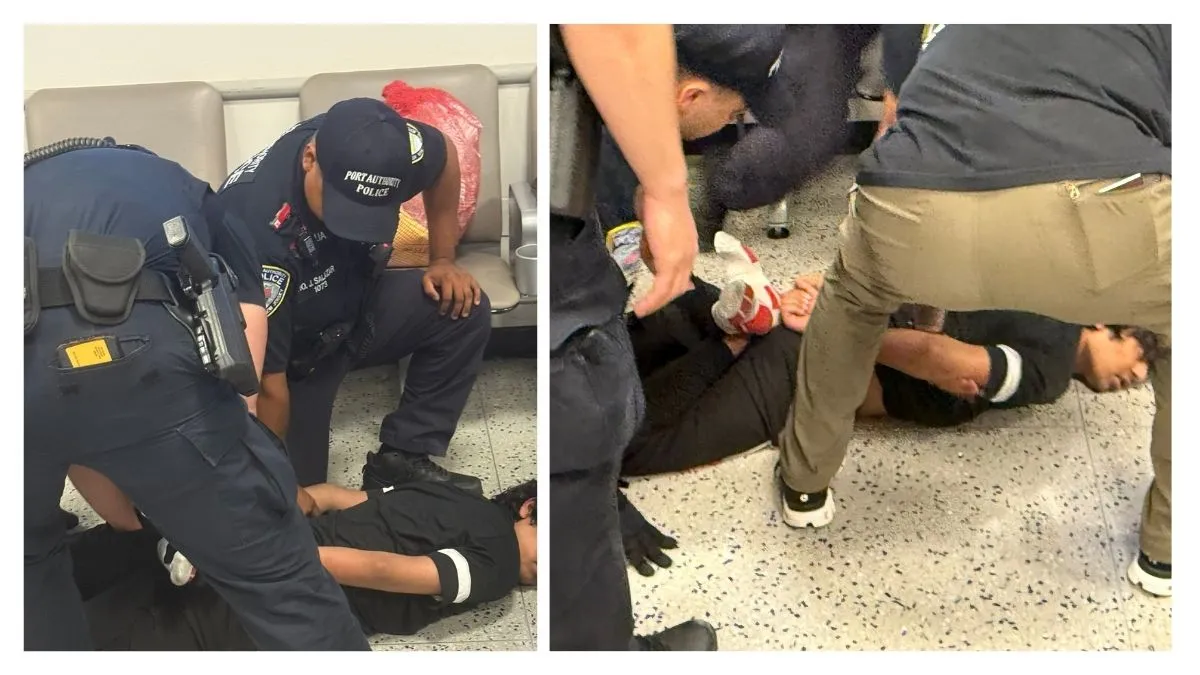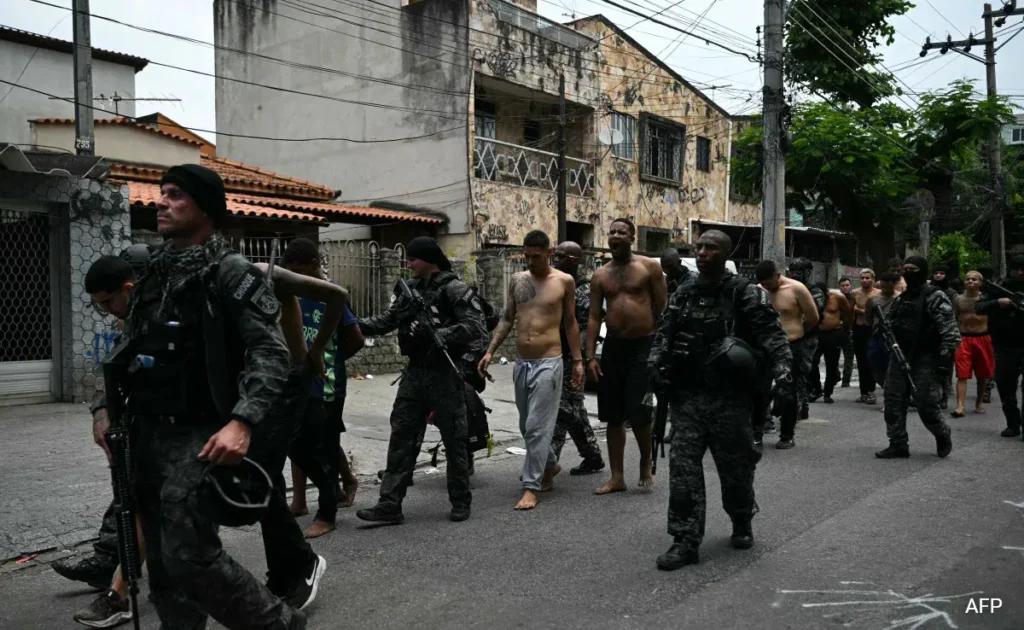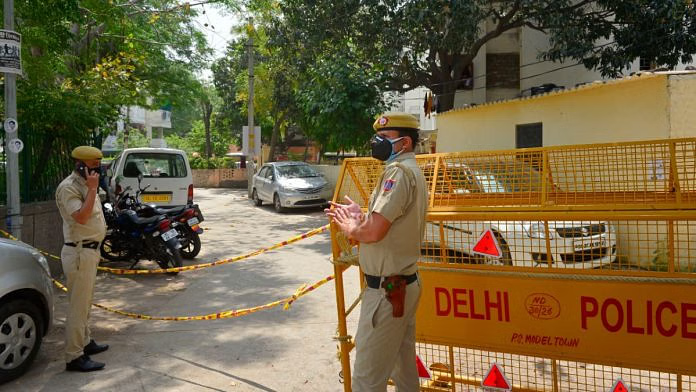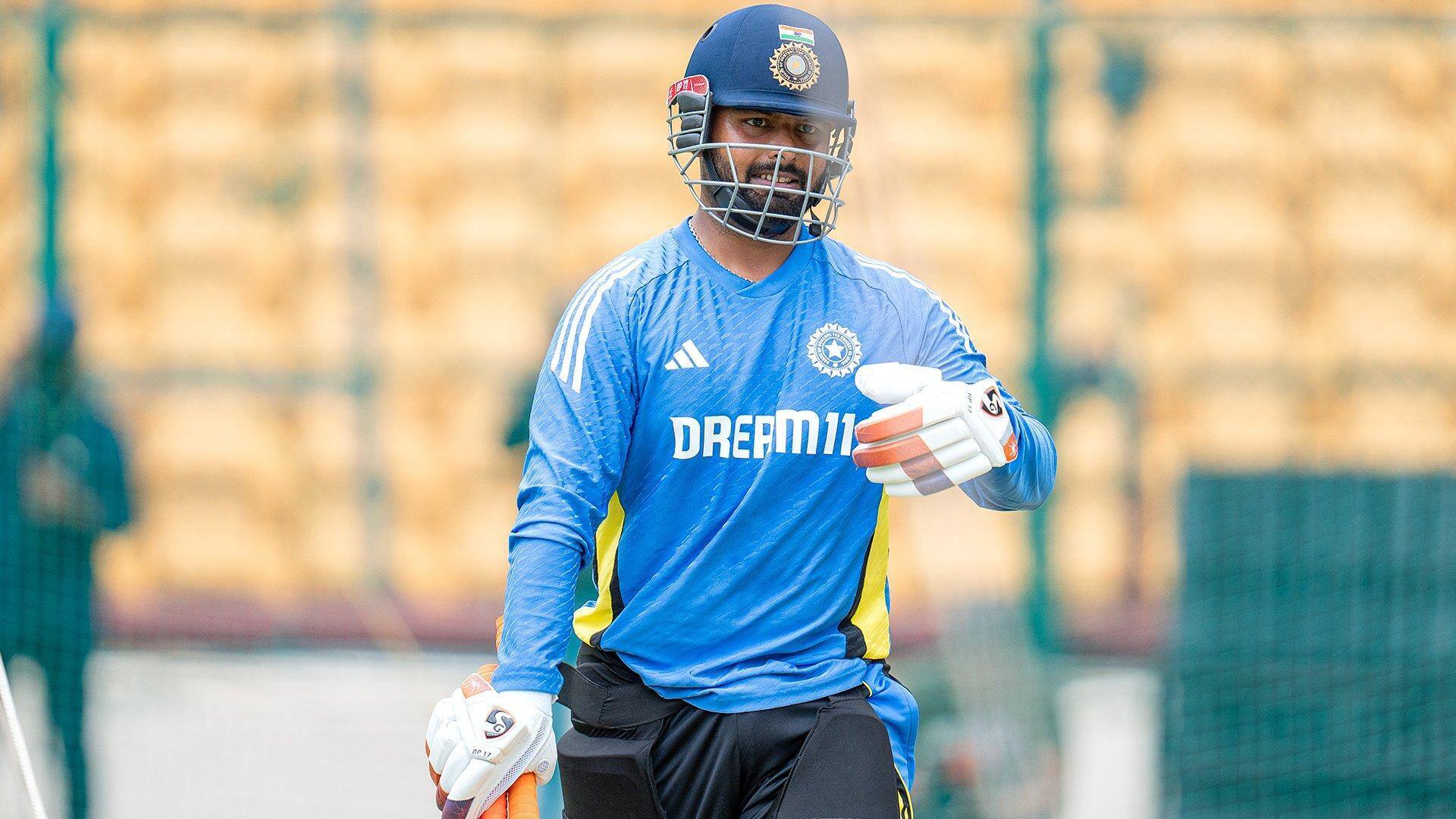Now Reading: Indian Student Detained at Newark Airport: Viral Video Prompts Consulate Intervention
-
01
Indian Student Detained at Newark Airport: Viral Video Prompts Consulate Intervention
Indian Student Detained at Newark Airport: Viral Video Prompts Consulate Intervention

A viral video showing an Indian student being handcuffed and pinned down by U.S. officials at Newark Airport has sparked concern across Indian communities. The incident, widely shared on social media, raised questions about the treatment of international students and prompted immediate action from the Indian consulate. For many families in Tier 2 Indian cities, this episode has reignited fears over the safety of children studying abroad.
What Happened at Newark Airport
The student, whose identity remains undisclosed for privacy reasons, was reportedly detained upon arrival in the U.S. While official details are limited, the video clip shows the individual restrained by multiple officers inside the terminal, leading to widespread outrage online.
Bystanders can be heard expressing confusion over the aggressive approach. The clip quickly gained traction among the Indian diaspora, prompting calls for clarification and accountability.
Indian Consulate Steps In
Soon after the video surfaced, the Indian Consulate in New York confirmed it was aware of the incident and had contacted U.S. authorities for a report. The consulate has also reached out to the student to ensure their well-being and legal support. Officials stated they were actively monitoring the situation and urged students to remain calm while investigations continue.
This swift diplomatic response has been appreciated by many in India, especially among parents with children studying overseas.
Concerns from Indian Families
For parents in Tier 2 cities like Indore, Surat, and Bhubaneswar, such news hits close to home. Many families save for years to send their children abroad for better education and opportunities. Incidents like this raise questions about their safety and treatment in foreign environments, especially at immigration checkpoints.
Coaching centres and visa consultancies have also begun receiving anxious calls from families seeking guidance on how to handle such emergencies.
Legal and Diplomatic Implications
While the exact reason behind the detention is not yet public, legal experts have noted that such actions must follow proper immigration protocol. If any rights were violated, it could trigger a formal complaint through diplomatic channels. The case is expected to undergo internal review by both Indian and American authorities.
Students traveling to the U.S. are being advised to keep documents in order and stay updated on immigration norms to avoid unnecessary complications.
Conclusion
The Newark airport incident serves as a stark reminder of the unpredictable challenges Indian students may face abroad. With the Indian government stepping in swiftly, it highlights the importance of consular support in safeguarding citizens’ rights. For now, the focus remains on ensuring transparency, protecting the student involved, and providing reassurance to thousands of Indian families watching from afar.

























